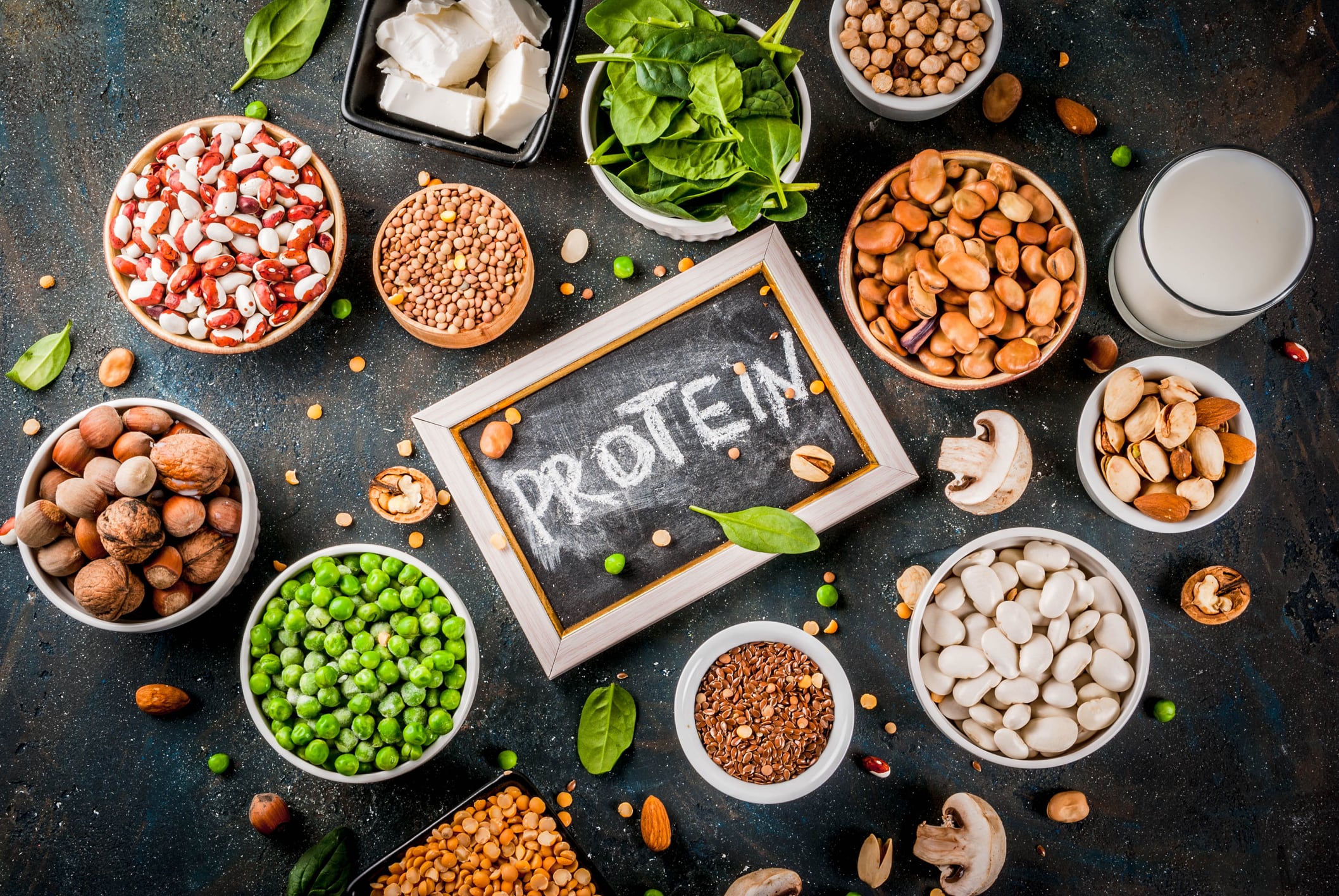
Healthy, familiar, accessible: Making alternative protein more scalable
From mung bean snacks to microalgae desserts, familiar and healthier formats are emerging as key levers to help alternative protein firms scale
News & Analysis on Food & Beverage Development & Technology

From mung bean snacks to microalgae desserts, familiar and healthier formats are emerging as key levers to help alternative protein firms scale
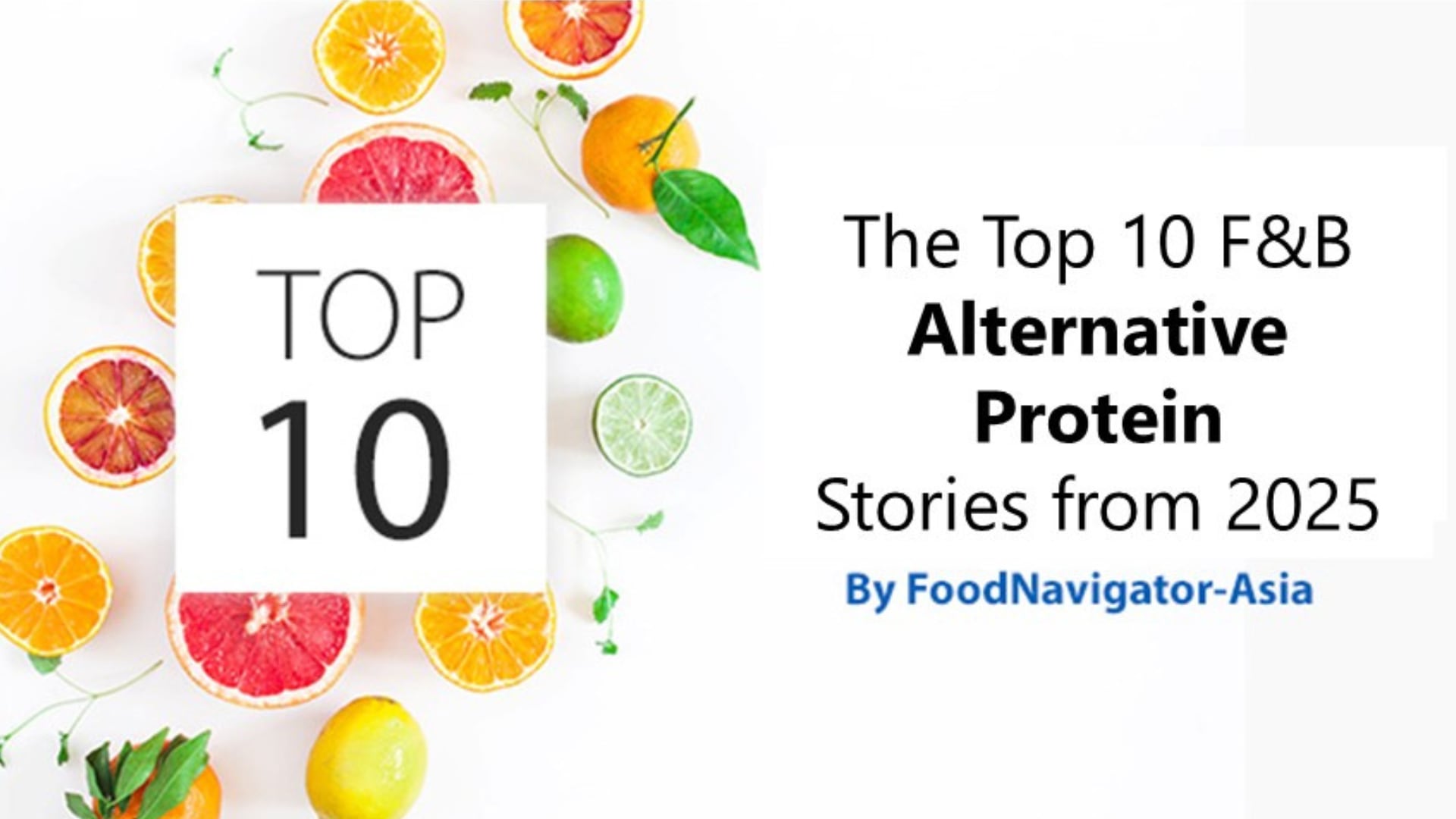
We reveal the top 10 most popular alt protein stories from this year, from leaf-powered protein to cultivated seafood and more

Governments may be returning to salt reduction targets, but manufacturers say the era of easy reformulation wins is long over
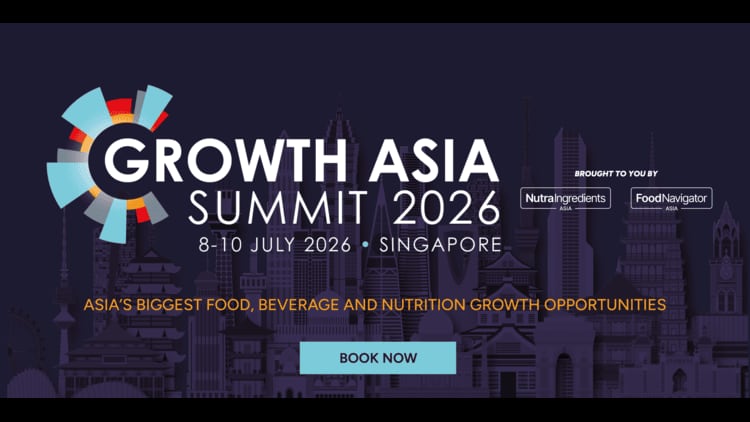
Calbee, NielsenIQ and PepsiCo are some of the biggest names giving keynote presentations at this year’s Growth Asia Summit.

New UAE data has shown excess salt consumption and poor vitamin D levels, findings set to guide national reformulation and health initiatives

From Modi’s anti-obesity campaign to regulatory news and start-up innovations, we feature the top 10 most-read India stories from the past year
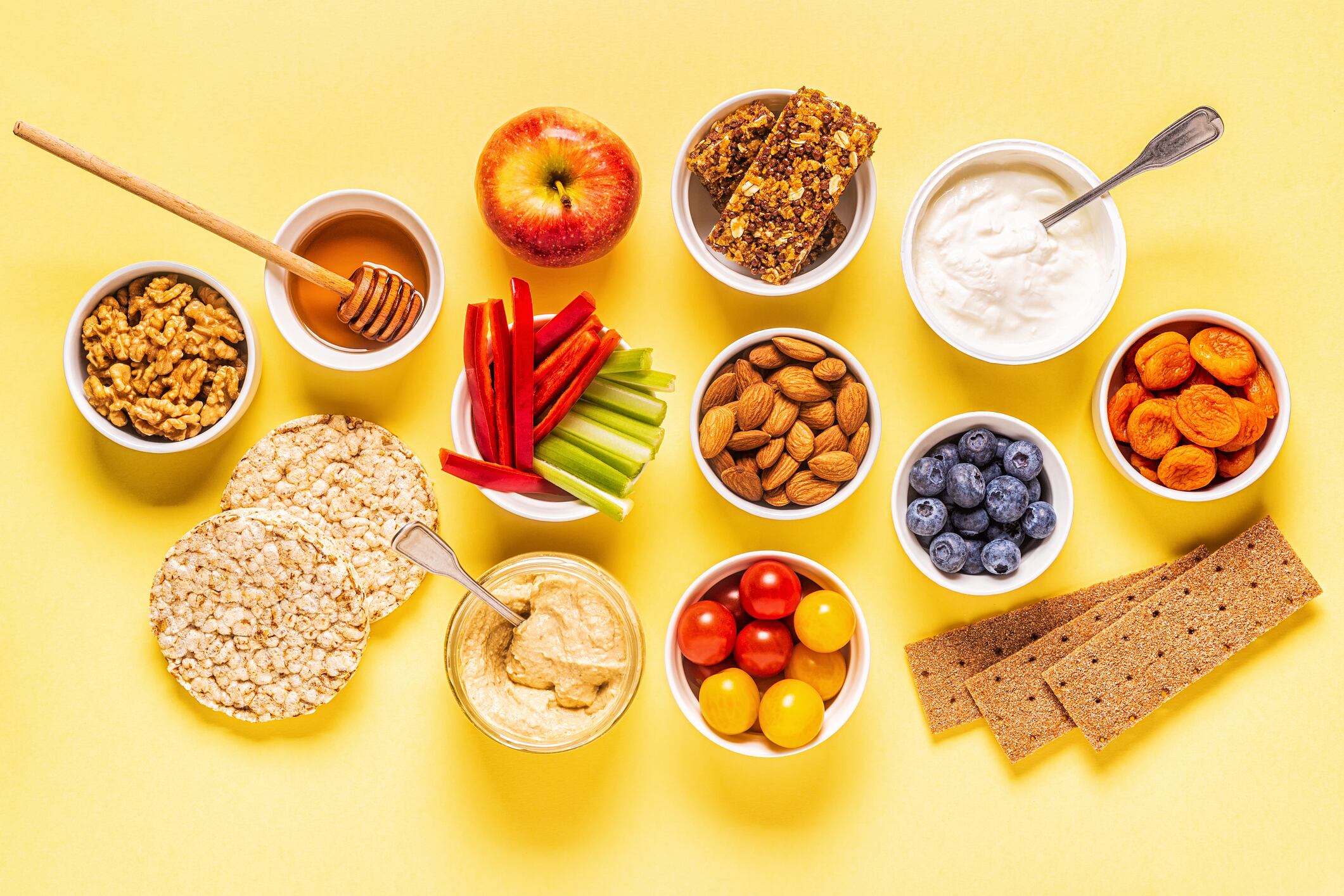
Sentimentality and health are increasingly influencing consumer snack choices, as they seek comfort, tradition and emotional connection in their purchases

See our top 10 most-read science, research and technology stories from this year, featuring ‘Nobel Prize-worthy’ theabrownin, Meiji protein study, cell-cultured coffee and more

Singapore-based Mottainai has created a brownie-flavoured lager in its journey towards upcycled products for wider commercial use
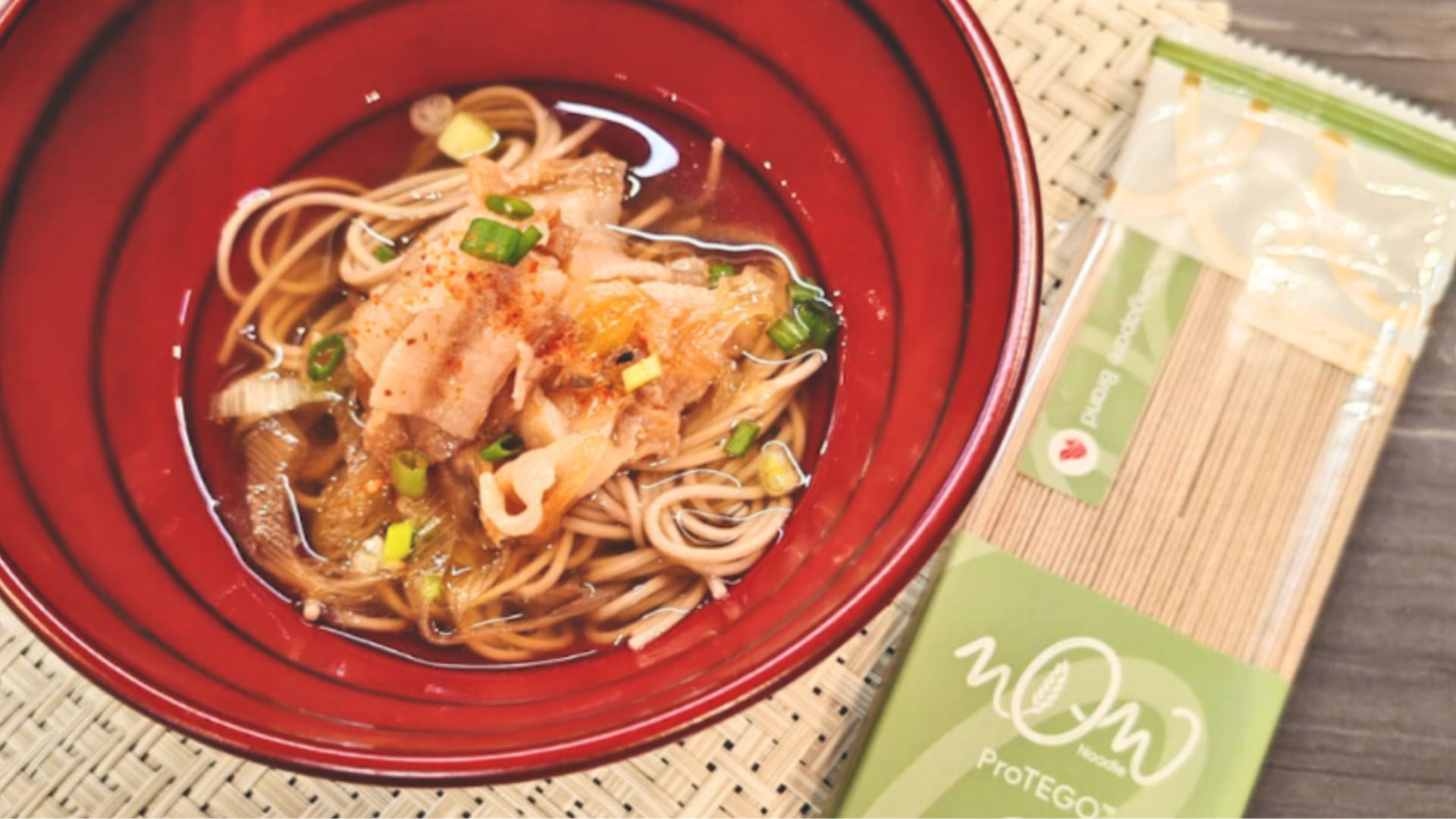
KosmodeHealth has turned peanut and sweet potato byproducts into low-GI noodles designed to deliver energy without sugar spikes
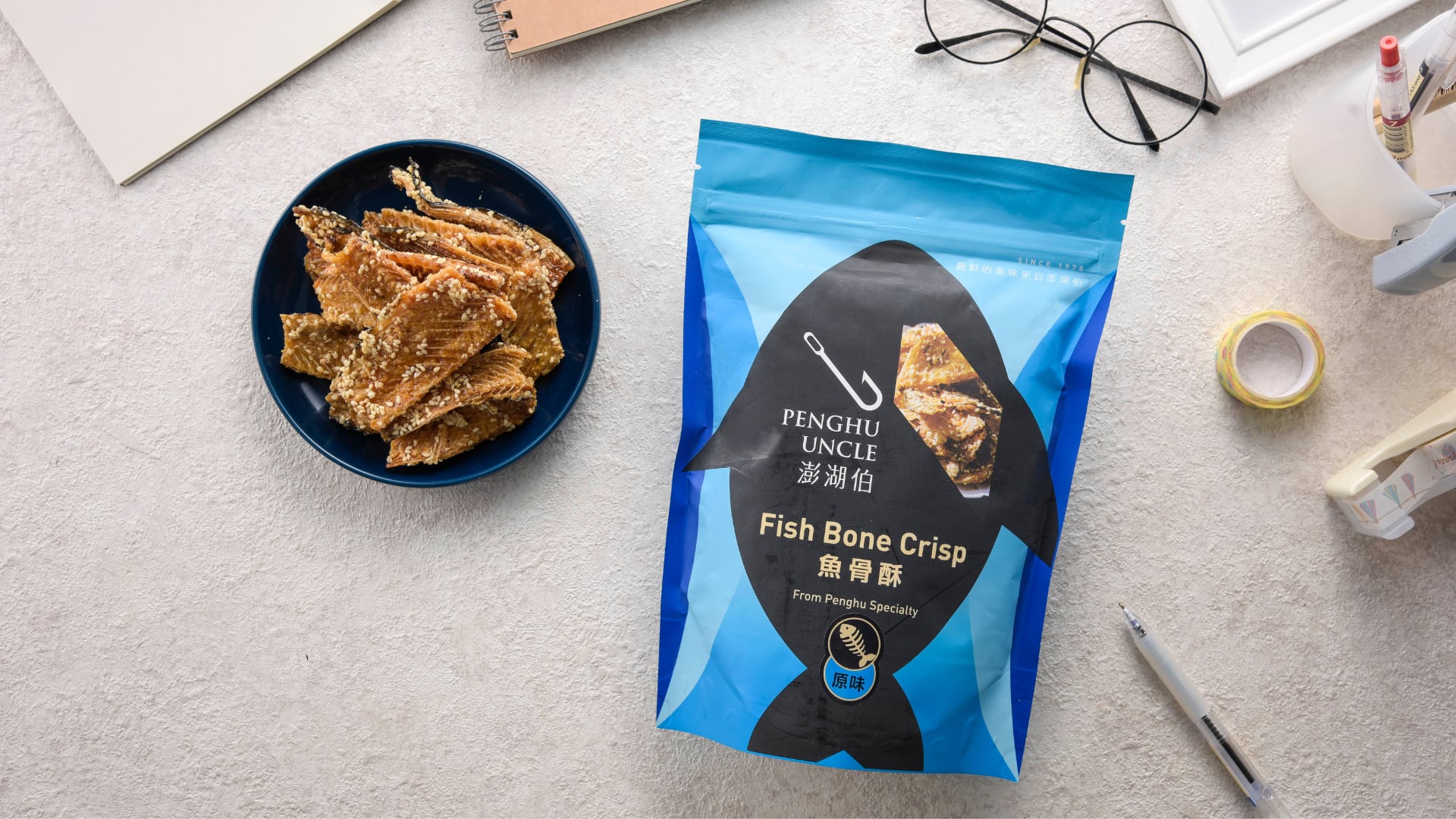
Kaohsiung Food Show 2025
Taiwan’s Penghu Uncle is transforming discarded fish skin and bones into savoury upcycled crisps with an eye on the ASEAN snack market

Australian startup Heartful Flavours launches three salt-free Asian seasonings made from whole plant foods, complementing its heart-healthy meal packs
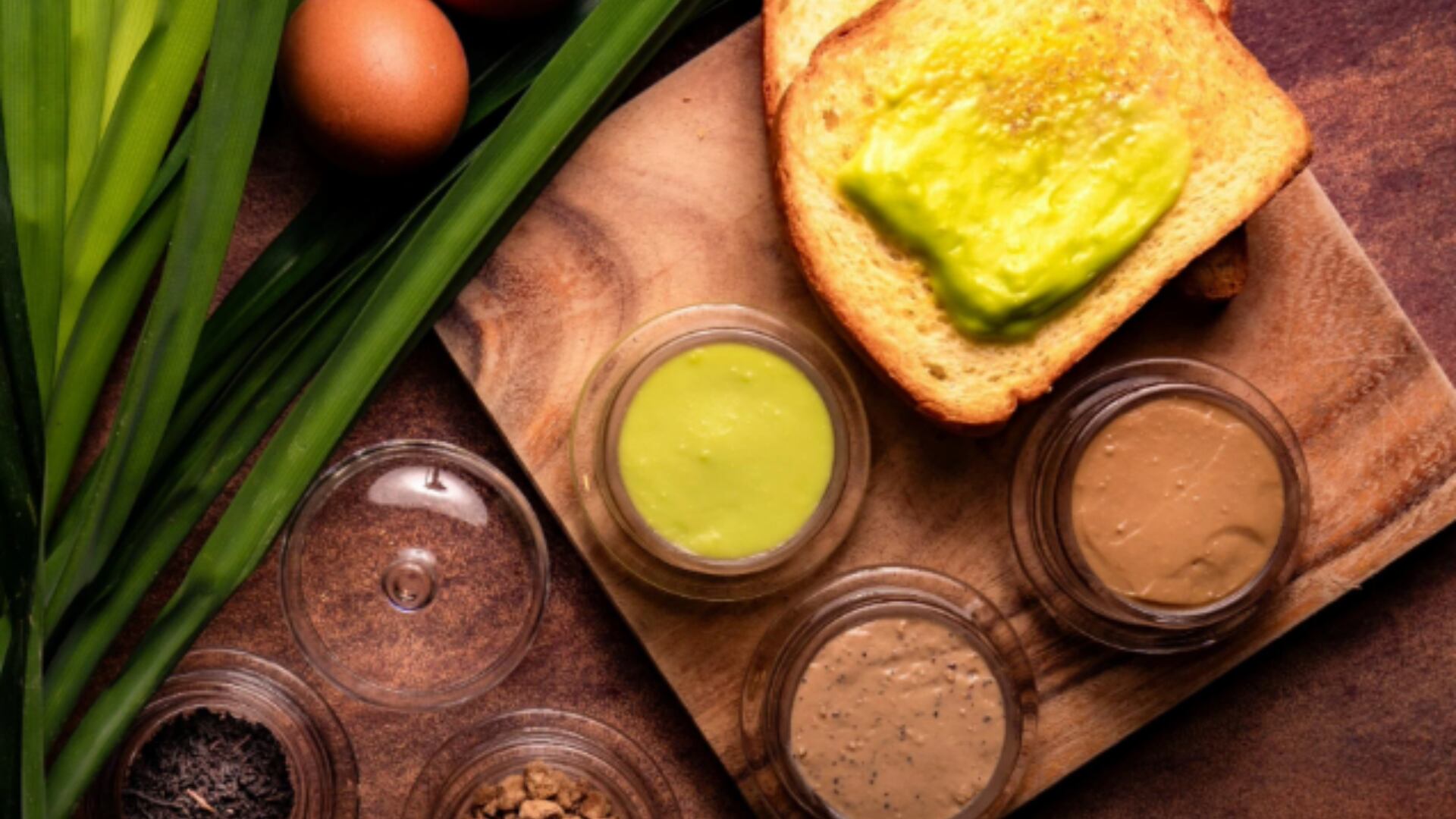
Kaya Rebel, a Singapore start-up, makes lower-sugar, higher-protein coconut jams infused with global flavours as it eyes growth in tourism retail

As sustainable ingredients gain traction, we explore the trends driving their development

We explore four key strategies to increase the appeal of alternative proteins

Barry Callebaut explores cocoa alternatives amid rising costs and climate pressure

With salt taxes looming and nutri-grade schemes making their mark, more APAC food firms must reformulate to meet health and regulatory demands

South Korea’s latest sodium and sugar report has revealed 4 key insights to guide the food sector in navigating health trends, regulations and product strategy

Sixty-five percent of South East Asian consumers prefer local flavours and lower sugar when indulging in desserts, according to a new regional study

As brands face mounting pressure to cut sodium and sugar without compromising taste, reformulation is no longer a niche concern – it’s driving real commercial gains. Kerry’s behind-the-scenes tech is helping reshape everyday foods and quietly lifting margins

GROWTH ASIA SUMMIT 2025
Nestlé has revealed a focus on nutrient density in its reformulation efforts to meet market-specific food product demands

Innovation in Asia’s food space is no longer just about novelty – it also needs to be purposeful, with a strong tilt towards health and sustainability
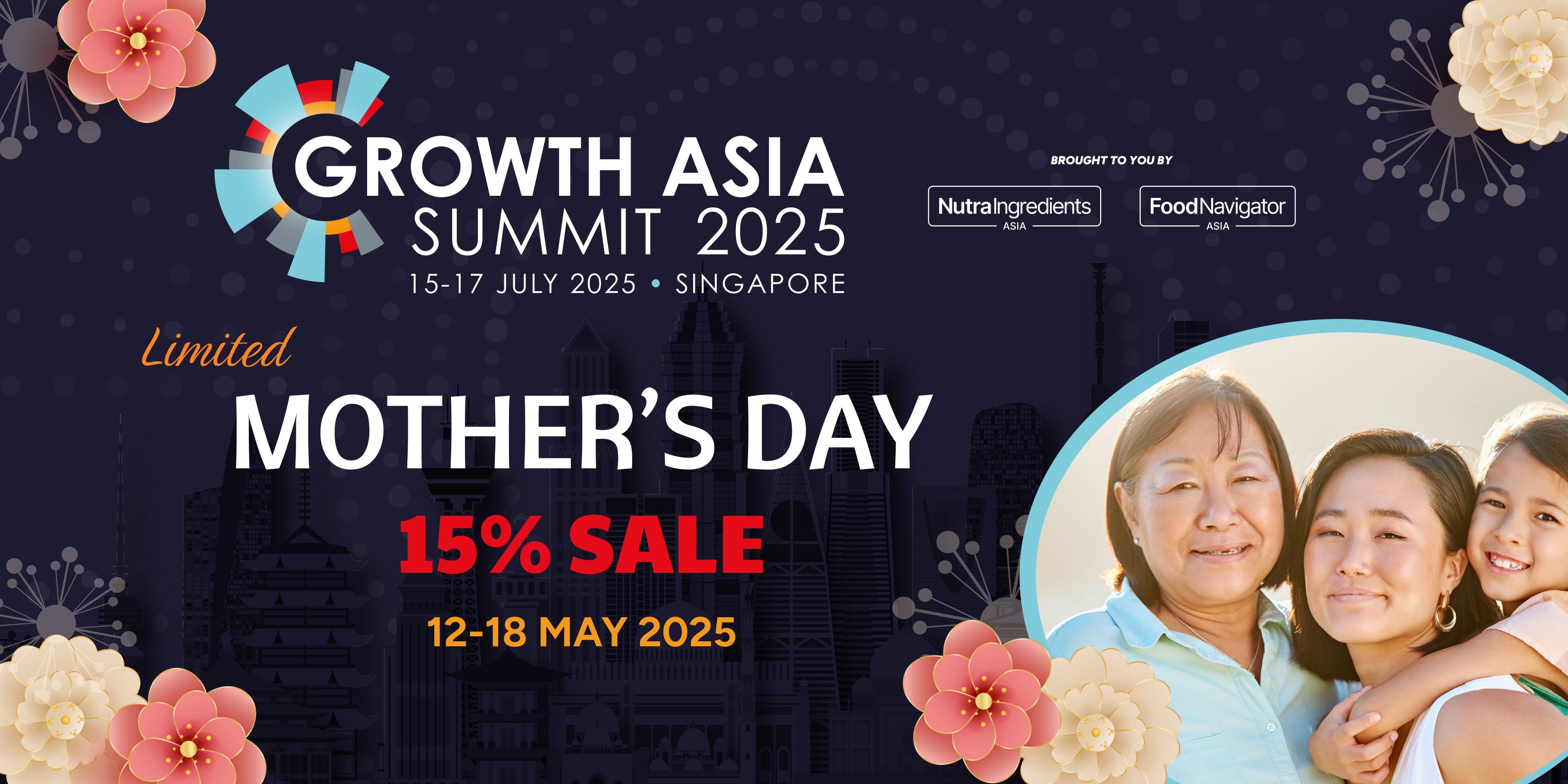
Tickets to our Growth Asia Summit 2025 will have a 15 per cent Mother’s Day discount starting from next Monday (May 12).

RMIT University Vietnam sees “tremendous potential” in converting the country’s abundant agricultural by-products into high-value derivatives, such as fat replacers and functional ingredients, although several challenges remain to be overcome.

Consumers in Asia are increasingly seeking out multi-sensorial experiences in their confectionery purchases, while also keeping an eye on affordability and health.

Customised, culturally sensitive strategies are needed to reduce sodium intake globally due to significant variations in public attitudes toward salt reduction across seven diverse countries, according to a recent multi-country study.

With many companies both large and small within the Asia Pacific food and beverage sector on the lookout for new and innovative product strategies to stand out and attract consumers with added value amidst trying economic conditions, we believe these...

We take a closer look at five of the top trends that look set to have a major impact on the growth of the Asia Pacific food and beverage industry in 2025, from affordability and accessibility taking centre stage, alternative protein rejigs,...
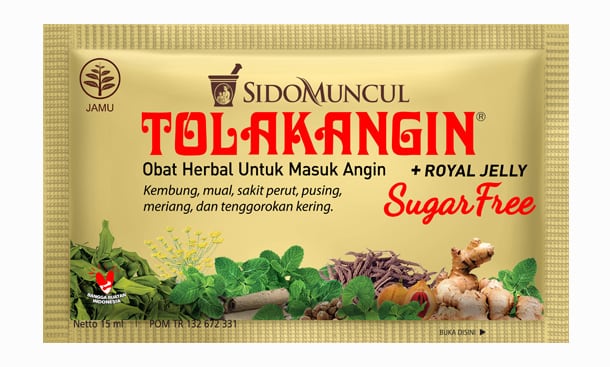
Indonesian traditional herbal product brand Sido Muncul believes that now is the time to tap on the sugar reduction trend in the market.

There may be a positive correlation between nutrient-rich plant-based diets and improved sleep health among older adults, according to a study by researchers in China.
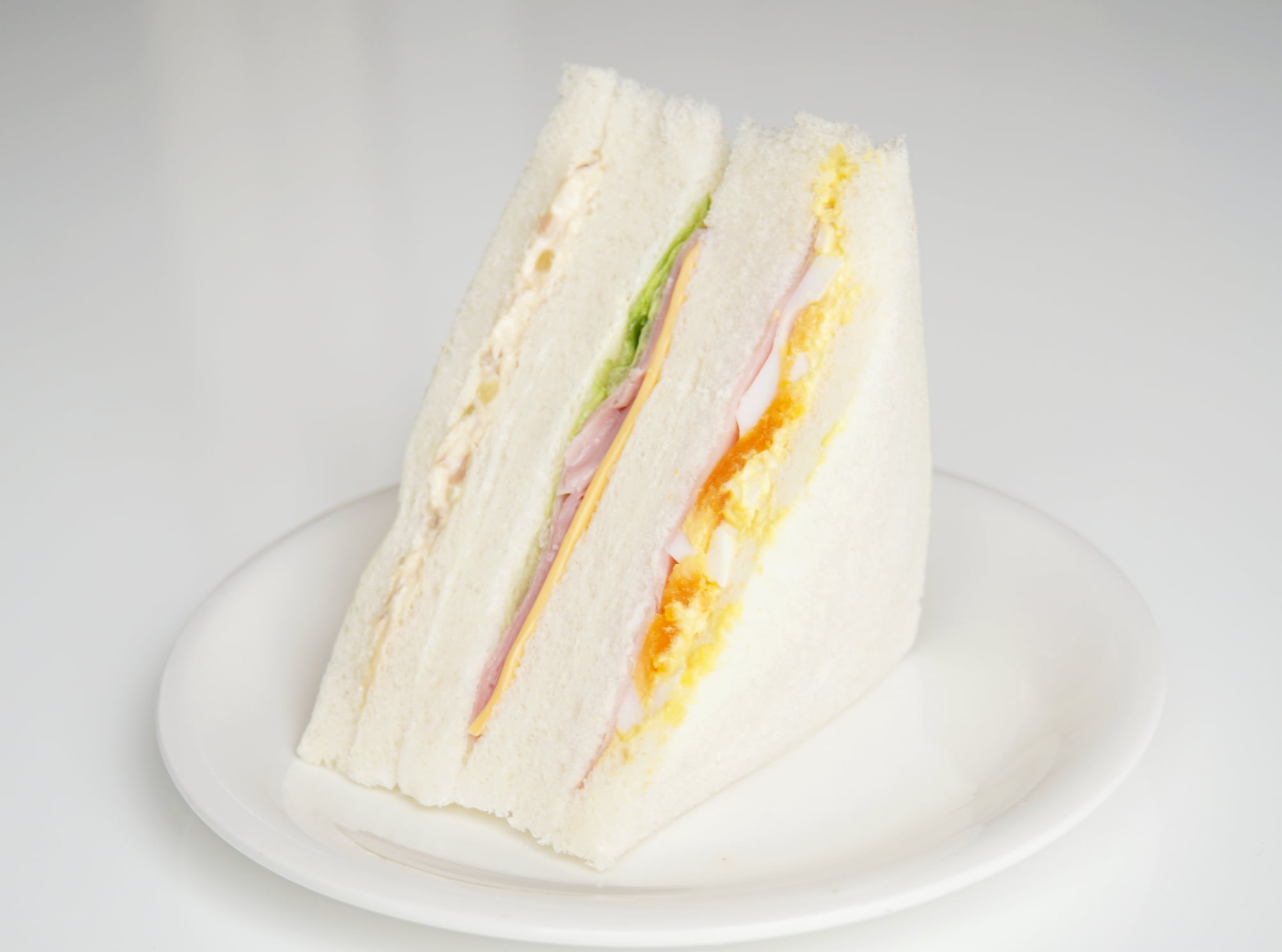
The South Korean government has collaborated with industry to launch 19 reduced-sodium and sugar food and beverage products as it seeks to meet national targets.

Eight free webinars, over 50 experts and one unmissable opportunity to turn nutrition insights into action. It’s FoodNavigator’s global Positive Nutrition event
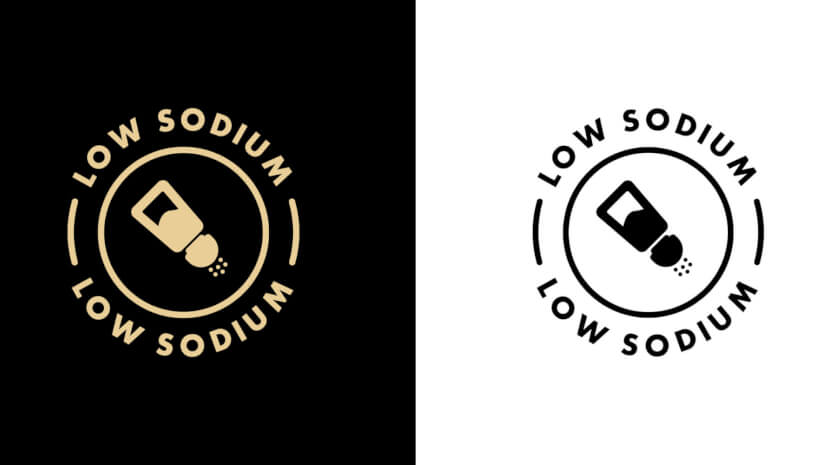
Ajinomoto believes that Indonesian consumers are in more urgent need of sodium reduction solutions due to local consumption habits as well as the heavy use of salt in local cuisine.

The Asia Pacific functional beverage industry is increasingly seeing consumer demands for sugar reduction, label transparency and allergen aversion becoming commonplace.

The Singapore food industry has voiced several concerns over government plans to extend the Nutri-Grade traffic light nutritional labelling system to sodium and fats.
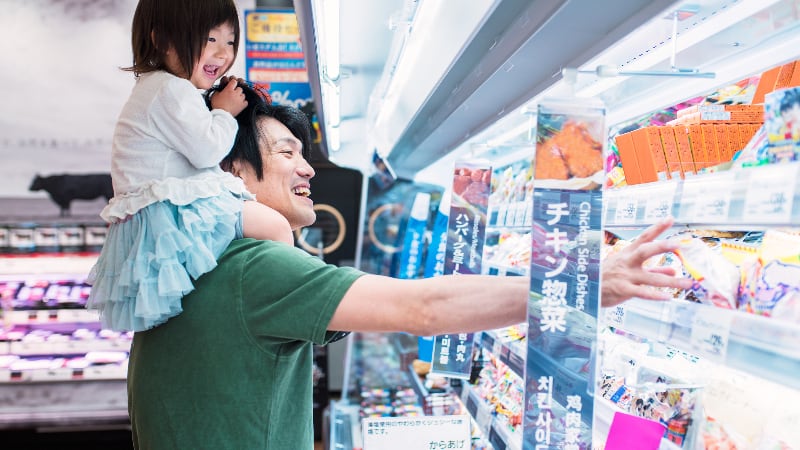
A group of Japanese researchers have developed a nutrient profiling model (NPM) adapted to the local food culture and health policies, in the hope of establishing an official system to promote healthier product formulation and better food choices.

Japan-based Hanamaruki believes that its newly launched flavour-enhancing koji powder is in a prime position to cater to product innovation in South East Asia that fulfils both sodium reduction and affordability requirements.
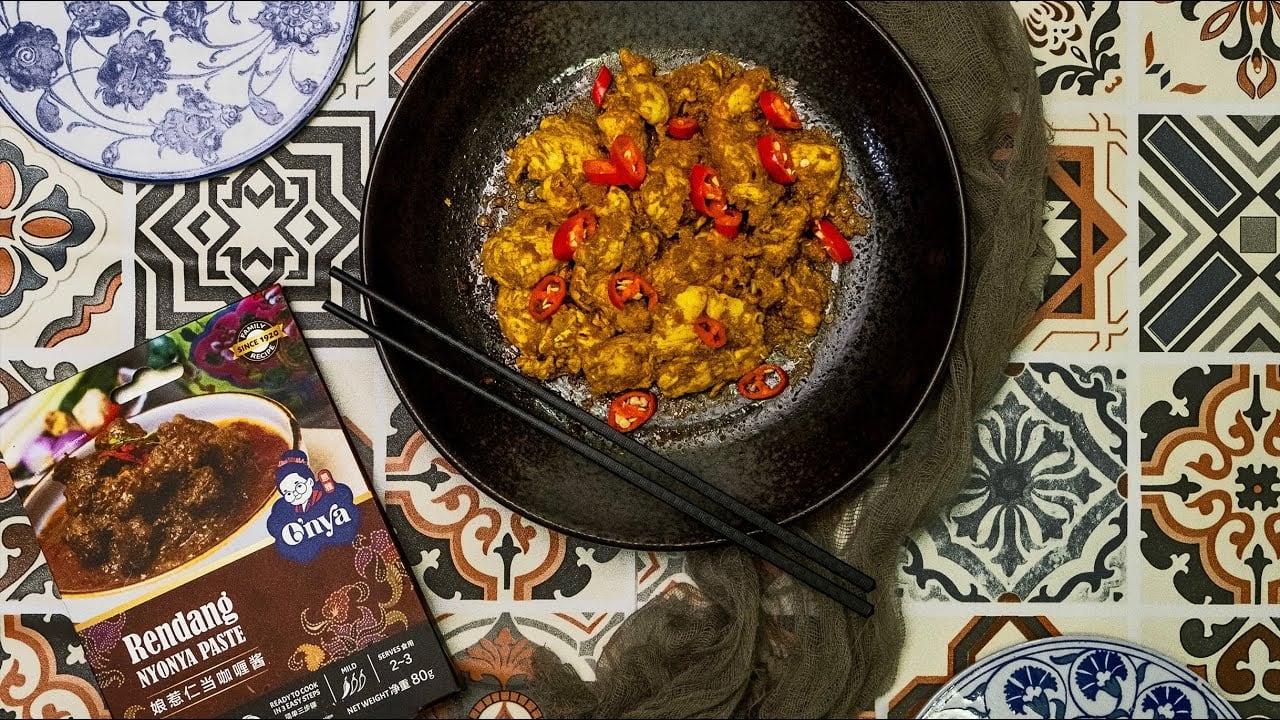
Health, heritage, and convenience are increasingly important to consumers, says Singapore’s food start-up O’nya as it plans strategic expansion with authentic peranakan pastes.

Singapore-headquartered OATSIDE attributes its meteoric rise in Asia to a marketing strategy encompassing targeted campaigns and strategic partnerships, and constant innovation of flavours to satisfy myriad consumer preferences.

Japan-based Umami Cola is aiming to turn the category on its head with a new botanical-rich, koji-sweetened formulation and an inverted caN design.

Chinese dairy brand Shiny Meadow has launched an upgraded version of its fresh milk product, which contains higher protein and calcium content, to meet evolving consumer needs.
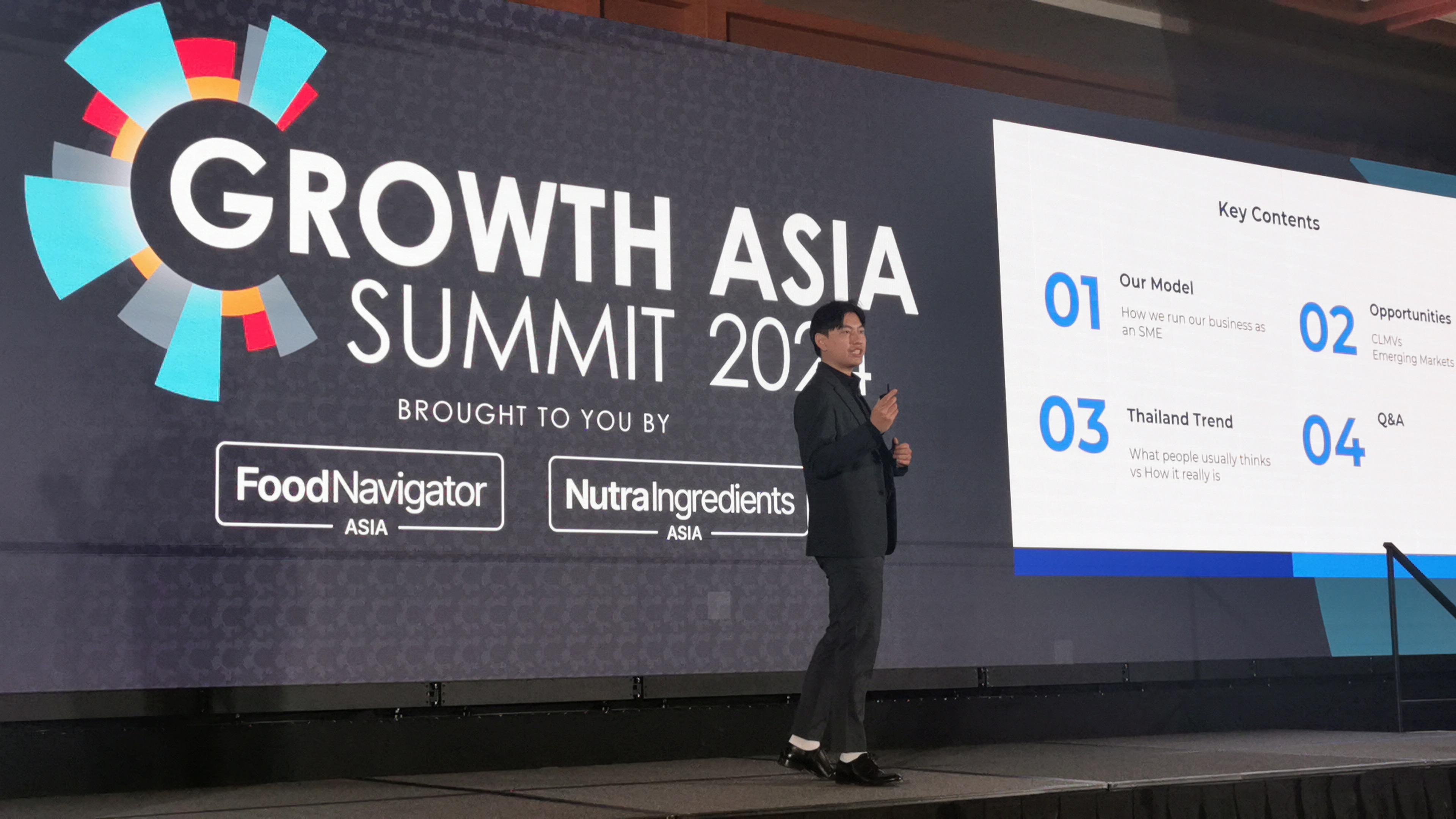
Thai natural energy drink brand Hippo Energy Drink has revealed that sugar reduction in beverages is not a major priority for most consumers in the Cambodia, Laos, Myanmar and Vietnam (CLMV) markets despite an ongoing trend for this in the rest of the...
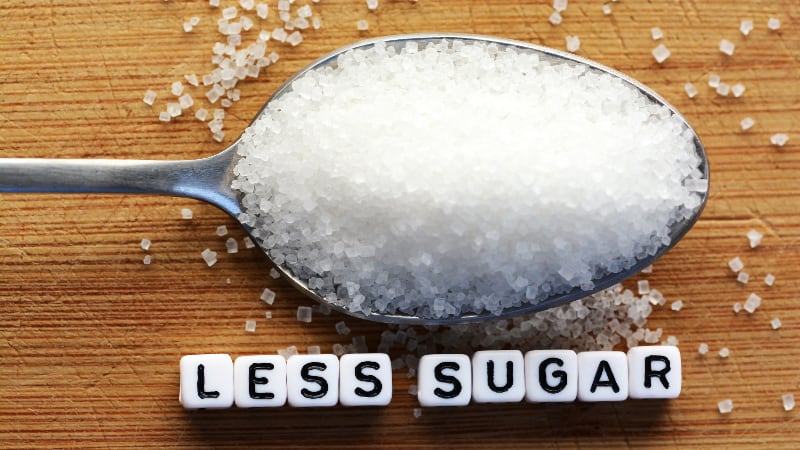
Food and beverage giant PepsiCo says it is continuously improving the nutrient density of products and expanding its better-for-you portfolio based on a strategy that it says is aligned with both global and local dietary guidelines.
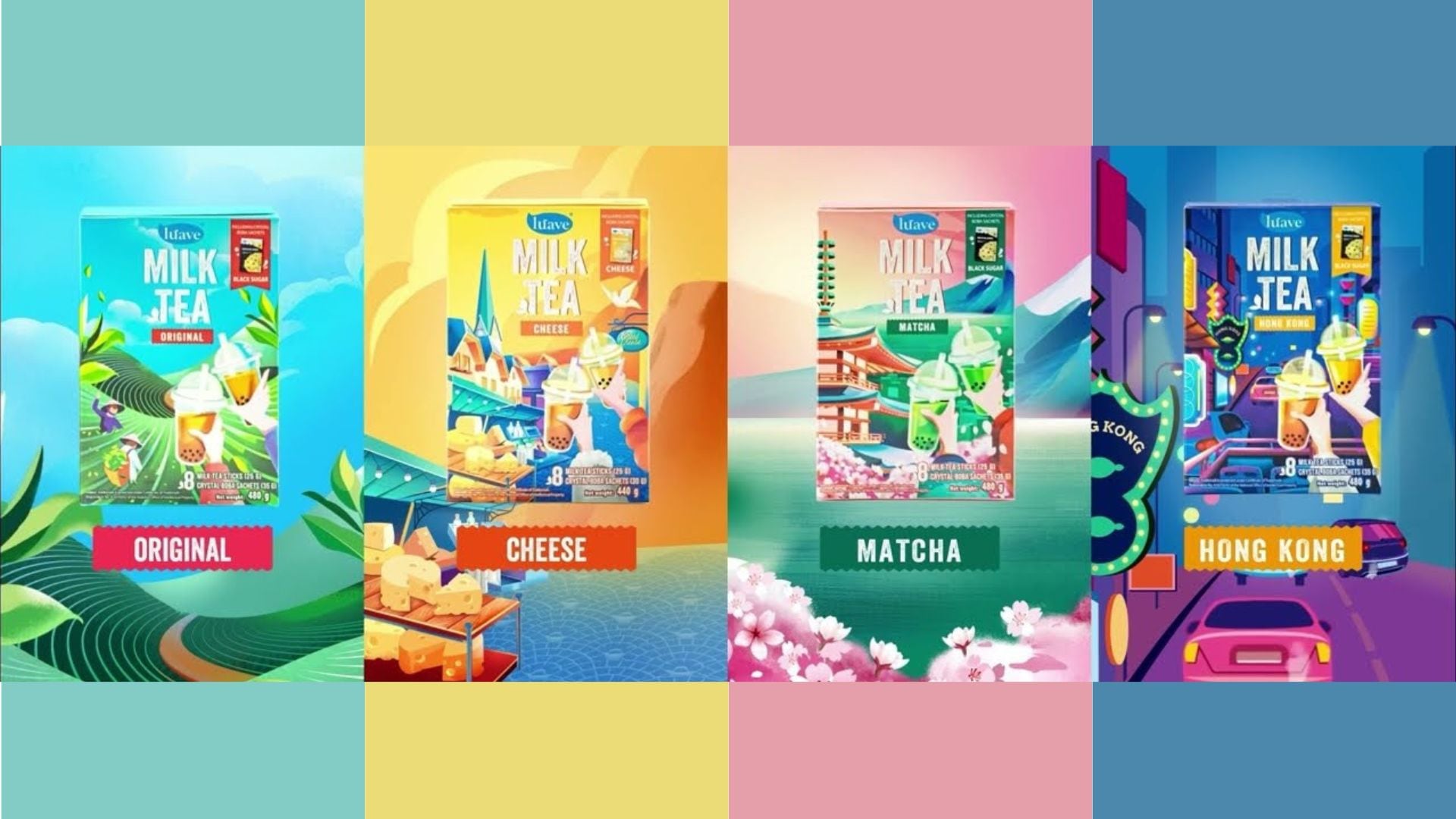
Vietnamese brand Lúave is aiming to launch its instant boba milk tea across Asia, starting with low fat, low sugar options in Singapore.

Sugar substitutes xylitol and sorbitol can help prevent dental caries among children and adolescents, according to a new review of clinical trials.
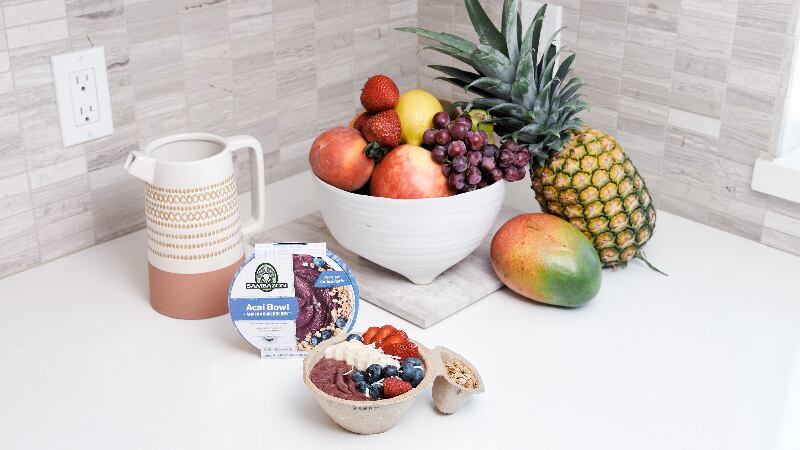
US-based SAMBAZON is looking to expand uptake of açaí products in the Middle East, where the firm says awareness about the superfruit still has much room for growth.

An increasing number of consumers in Asia-Pacific desire an all-round experience when it comes to chocolate and confectionery, including rich flavours like caramel, visually appealing products, and “healthy indulgent” formats, says Cargill.
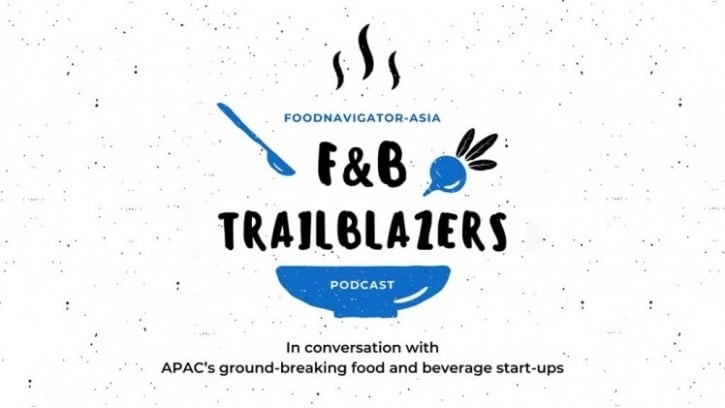
New Zealand nut butter specialist Forty Thieves believes that its flexibility in providing smaller packaging options as well as a dedicated keto range is driving growth across the region.

A majority of Thai students are consuming more added sugar than is recommended by the WHO, but researchers did not find a link with increased BMI.
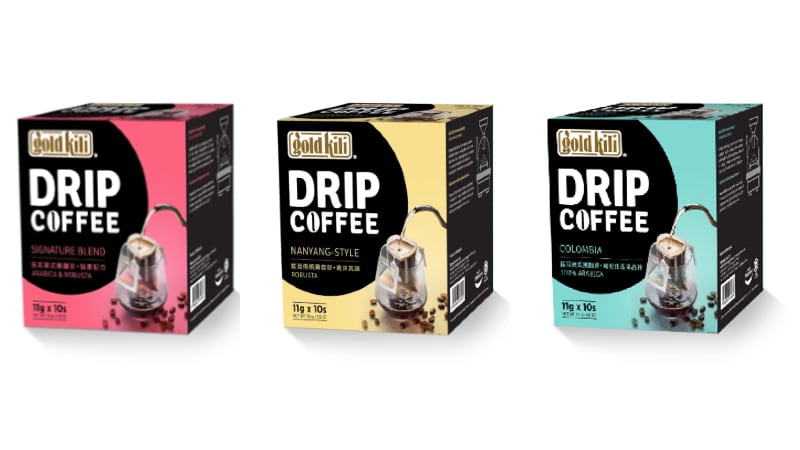
Singapore-based Gold Kili has launched a new product format for its coffee range and expanded into the thriving healthier beverage category, as part of the firm’s growth strategy.